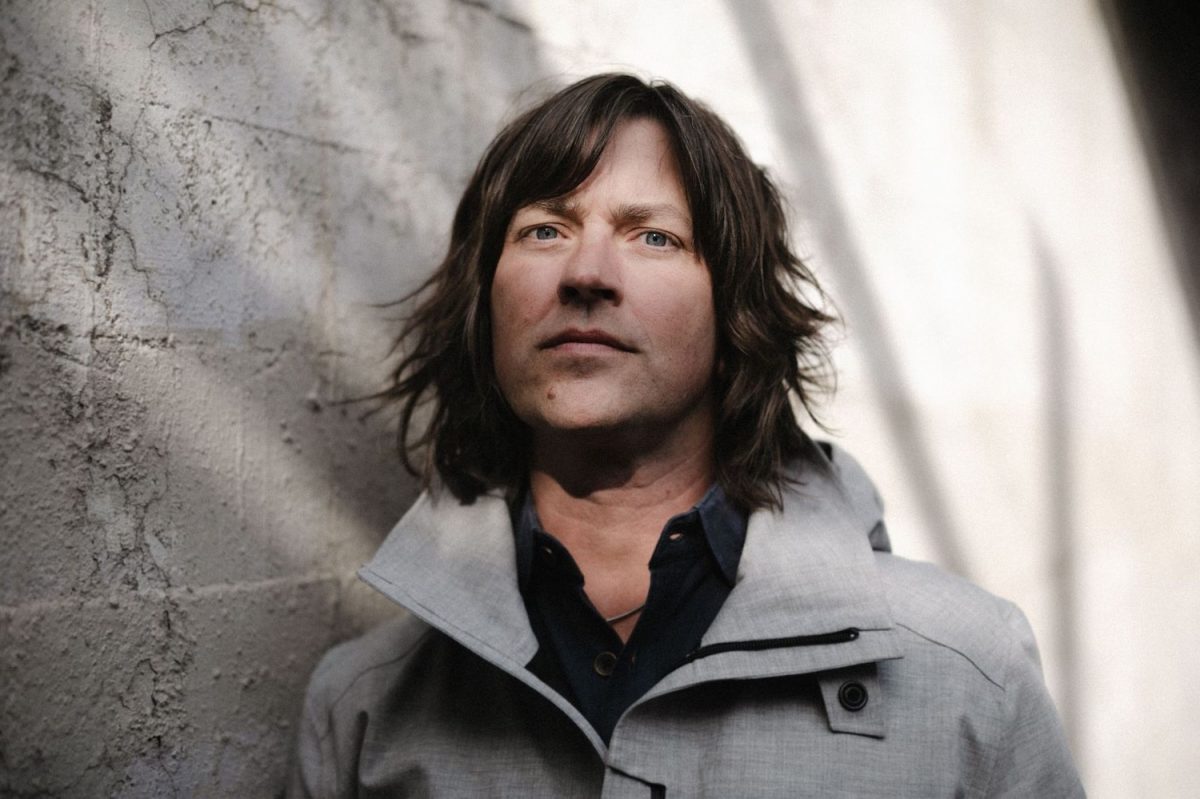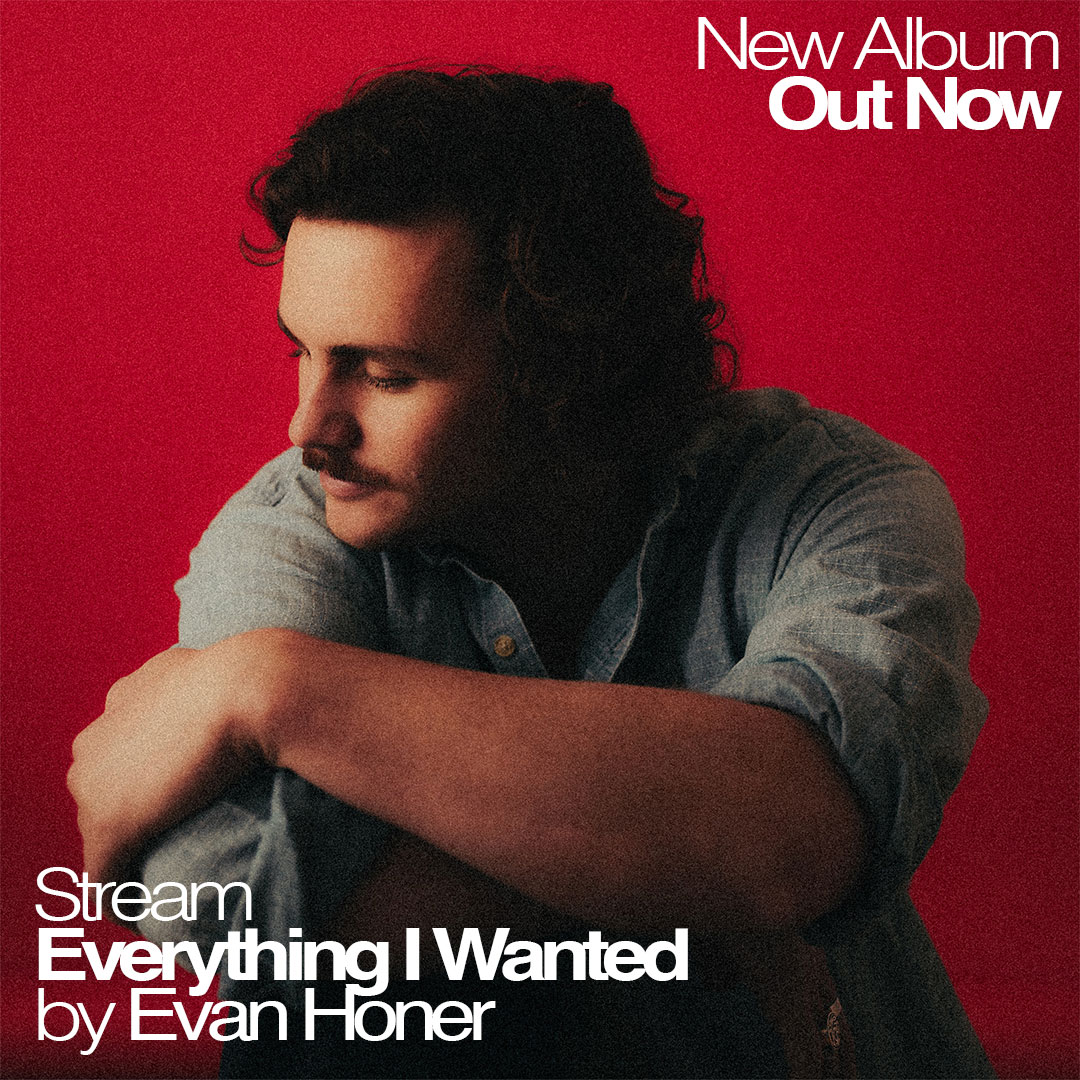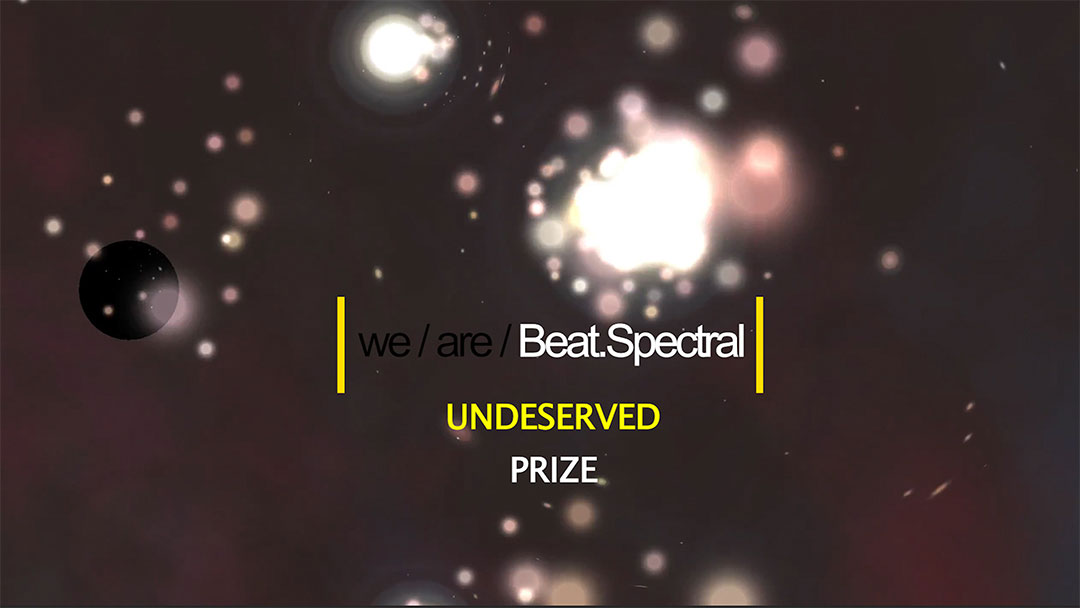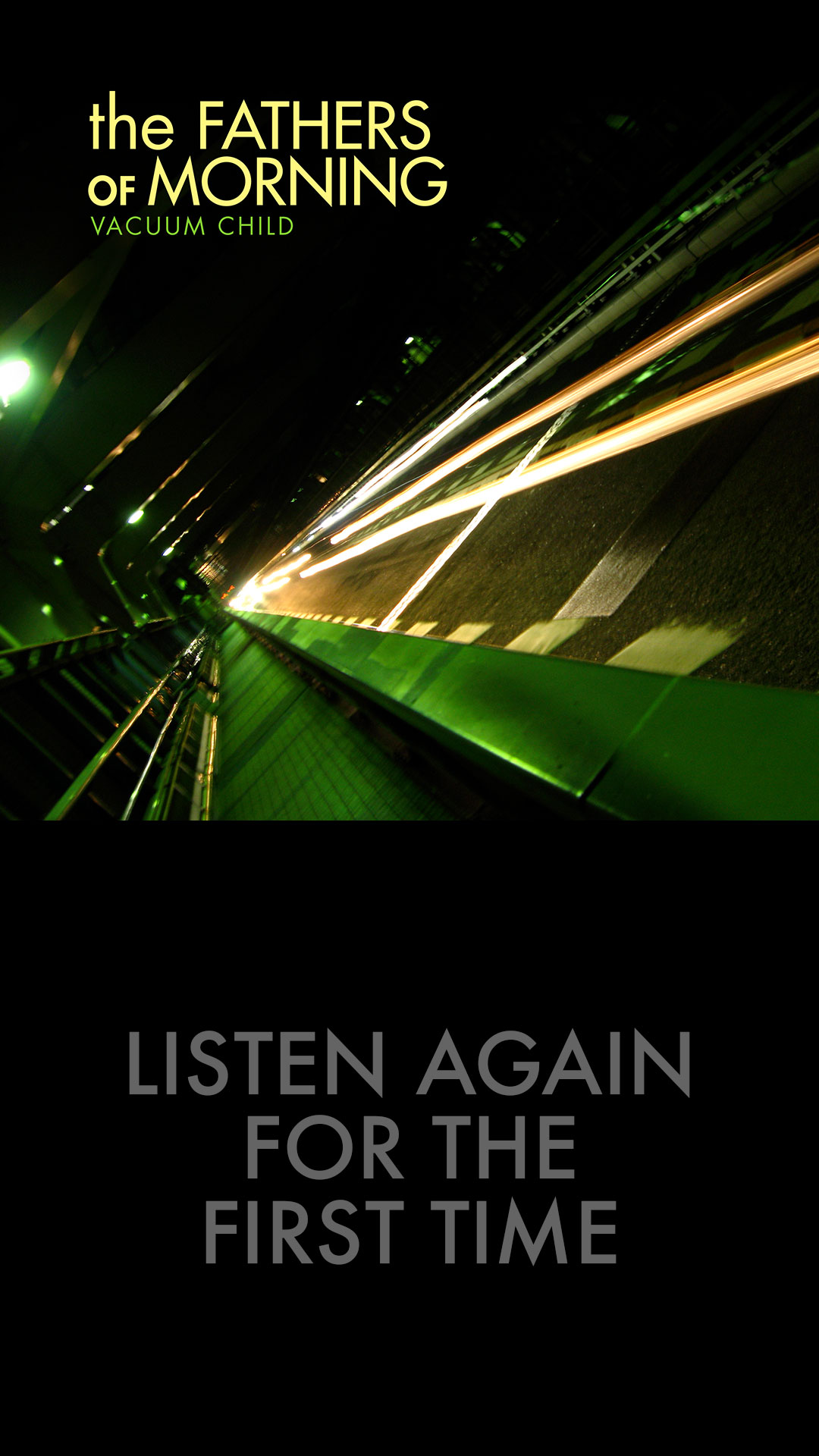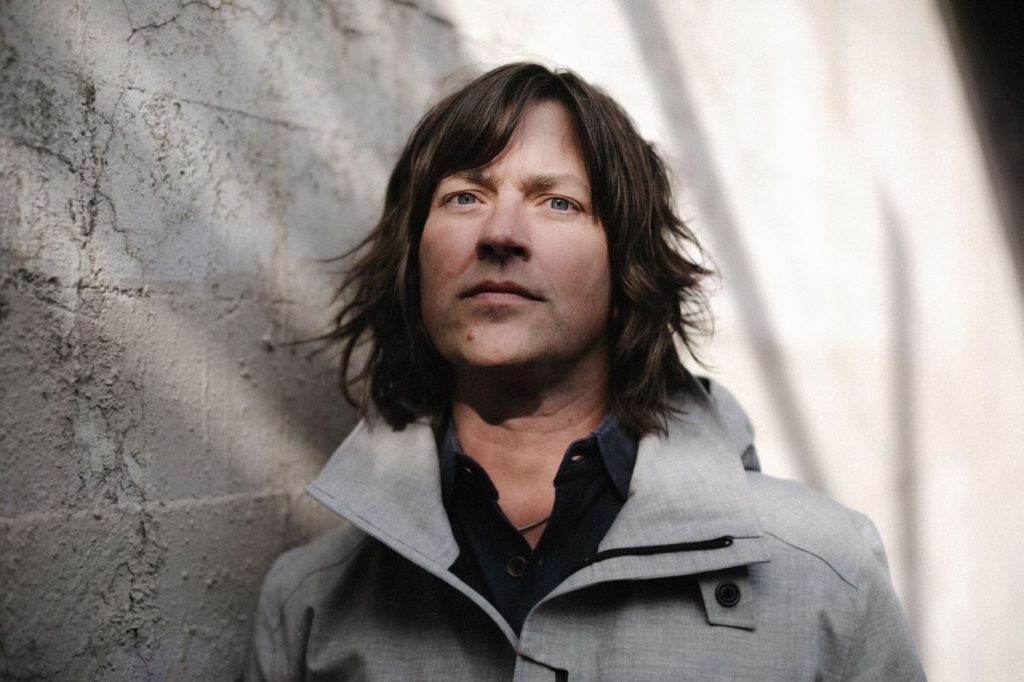
Rhett Miller continues to evolve as a songwriter. And that’s saying something—especially when you’re looking at a 35-year career that spans 13 albums with alt-country standard-bearers Old 97’s and 10 releases of his own. His humble, collaborative approach to the creative process has resulted in an overall body of work whose consistency rivals and often exceeds that of his more celebrated contemporaries. That staying power was enough to earn him and the rest of the 97’s a well-deserved lifetime achievement award at this year’s AmericanaFest in Nashville. And it should come as little surprise that Miller’s latest solo album, A Lifetime Of Riding By Night (ATO), ranks among his most satisfying efforts top to bottom.
You’d think such a relentless touring schedule would’ve taken more of a toll, but Miller still looks remarkably boyish at 55. More than a decade sober, he continues to approach his craft with the same unfettered adolescent enthusiasm—and he always welcomes help. This time, he called on Old 97’s cofounder Murry Hammond to produce. Interestingly, Hammond also worked with Miller on his 1989 solo debut, Mythologies, which predates the first 97’s LP by five years. The new album also features cowrites with a few close friends: Gin Blossoms’ Jesse Valenzuela (“All For You”) and Turnpike Troubadours’ Evan Felker (“Come As You Are”).
A longtime MAGNET booster, Miller took a few minutes away from the relentless road grind to answer a few questions from Hobart Rowland.
It’s hard to believe your MAGNET cover story was 13 years ago. How do you see your evolution as a solo artist since 2012’s The Dreamer?
I remember that cover shoot like it was yesterday, yet somehow it was a baker’s-dozen years ago. Crazy. That’s happening a lot these days. I saw Jon Brion in Hollywood the other night, and we realized that (Miller’s Brion-produced solo LP) The Instigator was recorded 23 years ago. I guess that’s the inexorable nature of time, marching relentlessly in one direction.
What was the question? Oh, my evolution … I don’t know if it’s evolution as much as it is a series of events. Sometimes I’ll find myself reacting to a previous iteration of my musical self, but mostly it’s just whim and intuition. Since I’m now a “paid professor of songwriting” (at the New School in New York City), I have “professional opinions”—and one of them is that our intuition is our greatest strength as songwriters. I’d even argue that it’s our superpower. The job consists mainly of a never-ending series of questions and decisions—what’s the next chord, lyric, section, mood, album, note, etc.—and it’s the intuition that drives that process. For me, I’ve tried a number of different styles and approaches since The Dreamer. All of them were successful in that I felt artistically satisfied and got to keep making music for a living. For what it’s worth, I think the new one holds up really well—and that my 97’s bandmate Murry Hammond did a marvelous job choosing the songs and sculpting the sonic landscape.
What was it like working with Murry as your producer for the first time in a quarter century?
Murry’s been shadow-producing elements of the 97’s for years—his own songs especially. The overall sound of our band owes a lot to his distinct style, which incorporates elements of folk, psychedelic, garage and ambient music. He’s now got albums of his own out in the world—I highly recommend his new Trail Songs Of The Deep. They sound so good that I got the idea that my next solo record wanted the treatment he’s seemingly perfected. I let him make the album without my oversight or interaction—a leap of faith I don’t think I’d be able to take with anyone else. He delivered such a lovely gift of a record that my faith was rewarded tenfold. I’m so grateful to my old friend.
It was a hoot to see you and Evan Felker trade tunes at World Cafe Live in Philadelphia all those years ago. How did you two link up for “Come As You Are”?
Evan and I have been writing songs together since Kevin Russell of Shinyribs introduced us a decade ago. His friendship and talent have inspired me a great deal over the years. I feel like I always learn something when we write together. His approach might seem similar to mine, but he comes up with lyrical and melodic moments that are subtle and unexpected—stuff I could never dream of. I love Even. Such a good dude.
Speaking of collaborations, how did your friendship with Jesse Valenzuela come about?
Jesse and I were introduced a quarter-century ago by our mutual dear friend, Tom DeSavia, a brilliant record/publishing exec who’s now at Concord Music Publishing. Tom is the hub of a great wheel and seemingly lives to connect artists to each other—as well as to those who support them. Jesse has such a chimey power-pop sensibility that I love. Getting to write with him was so fun, easy and natural. “All For You” was meant for his album, but I liked it so much I asked for his permission to record it myself. Thanks, Jesse.
What was it like to receive the lifetime achievement award at AmericanaFest?
The good news is that receiving the lifetime achievement award does not mean we have to stop recording and performing. Apparently, we’ll be allowed to continue our musical career. Yay!
Yeah, it was a trip and a blast and an honor and an outer-body experience. Rosanne Cash’s speech was so beautifully written, so thoughtful. I was glad my mom and siblings were able to be there to see it, as they’ve put up with a lot of bologna over the years from me and my weird job, and they’ve always supported me. I’m proud for Ken (Bethea), Murry and Philip (Peeples), my fellow 97’s. They’ve worked so hard for so long. It would perhaps have been easier to throw in the towel years ago, or let time and the grind erode our brotherhood, but we’ve hung in there, managing not only to survive but thrive. I, for one, am excited for Old 97’s’ third act.
See Rhett Miller live.


